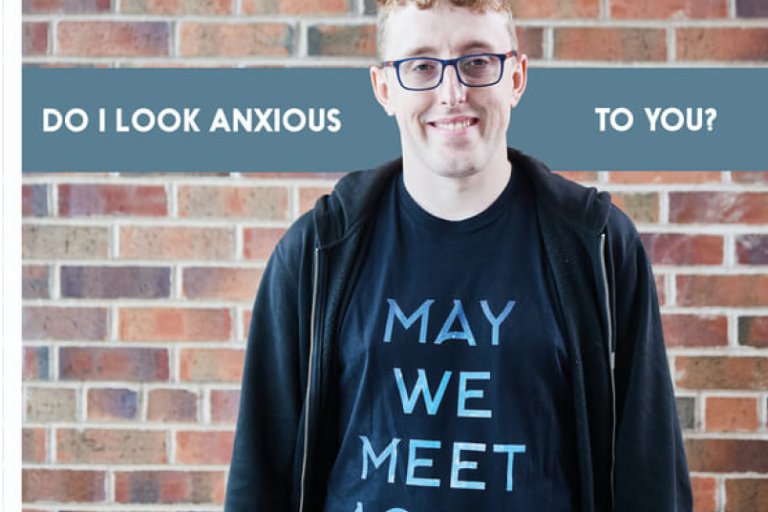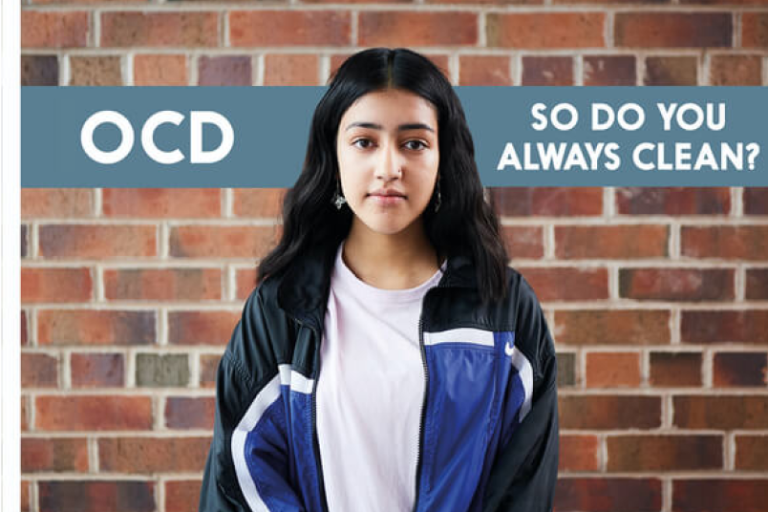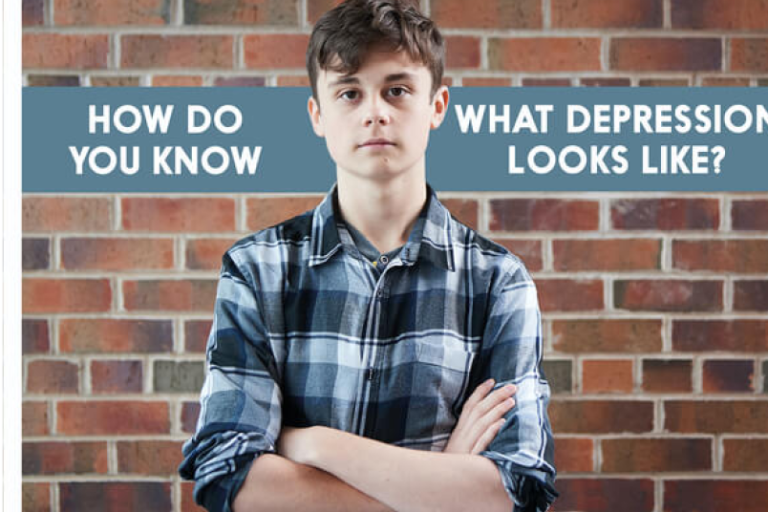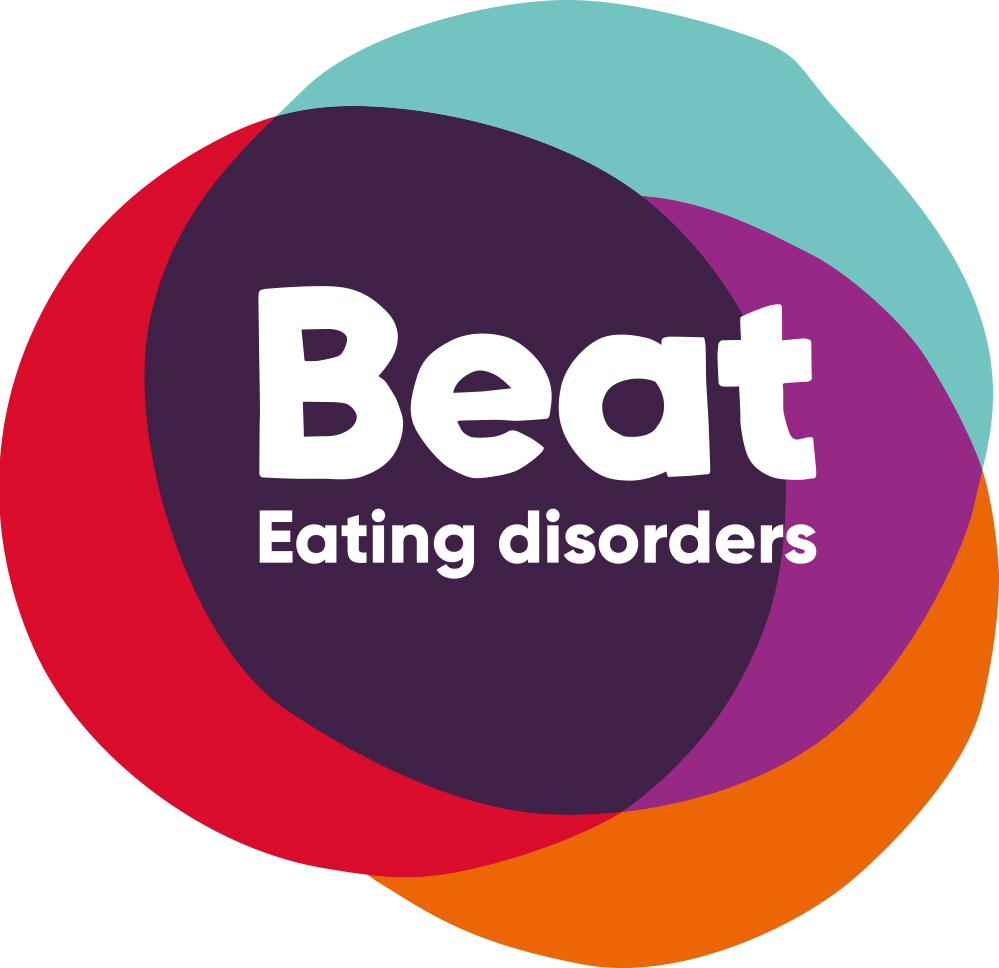I need help with…
Eating Disorders

What is an eating disorder?
Problems with eating can be complicated and there is no one single cause of eating disorders. Lots of people change their diet and worry about the way they look. This does not always mean that you have an eating disorder. Eating disorders are also not just about food – they can be a way of coping or feeling in control. Eating disorders are serious and everyone who has one deserves care and support. They can take over your life and the lives of your family and the people around you.
There are three main types of eating disorder:
- Anorexia – trying to control your weight by not eating enough, exercising too much or both.
- Bulimia – losing control over how much you eat and then taking drastic action to not put on weight, for example making yourself sick.
- Binge Eating Disorder – eating large portions of food until you feel uncomfortably full.
People with eating disorders are often secretive about their eating and may feel guilty and ashamed. They may focus excessively on their weight and shape, leading them to make unhealthy choices about food, which can affect them in many ways. Everyone is different and so eating disorders can differ from person to person, too. The good news is that recovery is possible and the sooner someone gets treatment the more likely they are to manage their eating better.
How can I find help?
If you are worried you have a problem with eating there are things you can do to help yourself.
- Stick to regular mealtimes: make sure you have breakfast, lunch and dinner. Start with smaller portions until you get used to eating frequently.
- Try to be honest about what you are or are not eating to yourself and other people.
- If you lose more weight, you are likely to feel more anxious and depressed. Try to be kind to your body; look after it and don’t punish it.
- Do not weigh yourself more than once a week.
- Get your weight and height checked with a health professional, for example a school nurse, practice nurse or GP. They will be able to work out whether you are in your ‘healthy weight range’. You can ask your GP or school nurse about this.
- Try not to spend time checking your body and looking at yourself in the mirror. Nobody is perfect.
- Stay close to your family and friends. They can help you and help you to avoid unhelpful websites that encourage you to lose weight and stay very thin.
If you are worried about food or eating, the first step is to talk to someone you trust… and try to do it soon. This is probably easier said than done! Find out more about getting the support you need. The services below could also support you.
Worried about someone else
Are you worried someone you know may have an eating disorder? It’s hard to know what to look out for. Learn more about eating disorders here.
If you’re worried that someone you care about is showing signs of an eating disorder act quickly and speak to someone you trust. Don’t delay. Getting help quickly is really important.
Get Help Now!
Here are a list of services that can help. The icons below tell you the type of support available.
Which services can I access?
Some of the services available operate only within city or the wider county area. Pop your postcode in below to quickly check which services are available to you
Related topics
-

Anxiety and Panic Attacks
Everyone gets anxious now and then and anxiety is actually your body giving you a message that you are not safe.
-

Bullying
Bullying is repeated behaviour intended to hurt someone emotionally or physically. Bullying is often aimed at certain people because of their race, religion, gender or sexual orientation or any other aspect such as appearance or disability.
-

Obsessive Thoughts
Obsessions are specific thoughts that are intense and intrusive. It can feel like your thoughts are taking over and controlling your behaviour. Compulsions are ritual behaviours that people use to try to reduce anxiety linked to intrusive thoughts.
-

Depression or Low Mood
Everyone has ups and downs. Sometimes you might feel a bit low, for lots of different reasons. People may say that they are feeling depressed when they are feeling down, but this does not always mean that they have depression.

